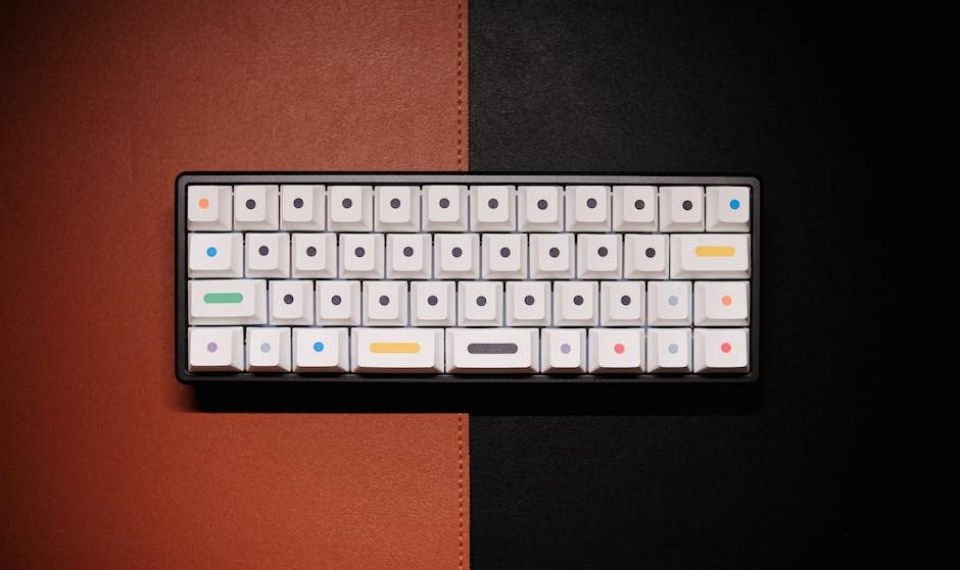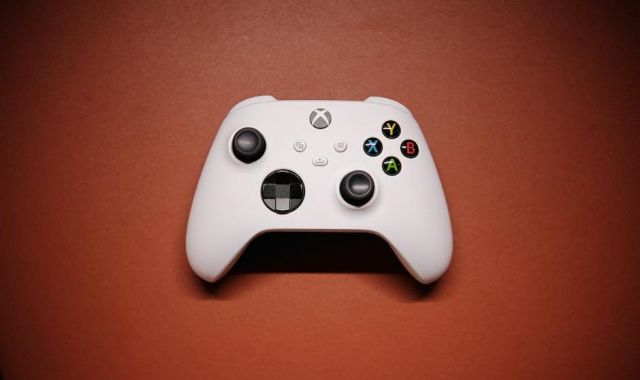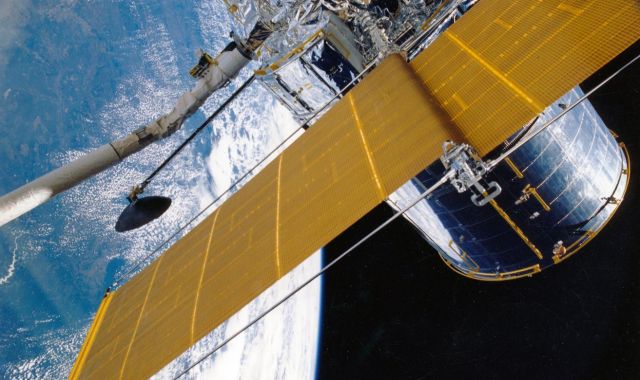
In the realm of technology, few inventions have had the groundbreaking effect of the personal computer (PC), an ubiquitous machinery that has not only transformed how we work but also greatly changed our social and personal lives. From the clunky, massive computers of the 1970s to today’s sleek, portable laptops, the evolution of PCs speaks a narrative of technological advancements and continuing innovation.
In the late 1970s, PCs were launched as massive, intimidating pieces of technology that were only accessible in universities, large corporations, and government institutions. Computers, such as the IBM 5100, could only perform simplistic tasks, had a rudimentary user interface and were priced so prohibitively that the average household couldn’t afford them. The machine was as big as a suitcase and weighed a hefty 24 kg.
Fast forward to the 1980s, PCs began to take a new form. With the launch of IBM’s 5150 in 1981 – a machine smaller and more affordable than its predecessors – the image of PCs as inaccessible technology began to weaken. Indeed, the 5150 wasn’t something to marvel at with today’s perspective: it sported a monochrome, text-only display, and its processing power would be laughed at by the current generation’s smartphones. But it was the first major step in bringing personal computing into the mainstream.
The PCs of the 1990s and early 2000s were sharper, speedier, and smarter, with the launch of Windows 95, and the proliferation of the internet. Like IBM’s 5150, these PCs weren’t remarkable by today’s standards, but back then, they represented a promise for the future of home computing. The ability to browse the internet, send emails, and engage in real-time online chats opened up a world of opportunities for users worldwide.
This brings us to the present day, where PCs have become so compact and powerful that they are practically unrecognizable from their bulky, sluggish ancestors of the 1970s. PCs have been integrated into our daily lives, revolutionizing how we work, learn, communicate, and even entertain ourselves. Their impact is probably most evident in the accelerating proliferation of remote work and online learning – a trend expedited by the Covid-19 pandemic.
Moreover, the evolution of PCs is not over. With developments in artificial intelligence, augmented reality, and quantum computing, the potential future of PCs is incredibly exciting. For instance, AI-powered PCs are already automating tasks that were previously manual, augmenting human decision-making in many areas.
In conclusion, the story of PCs, their evolution and impact, is deeply intertwined with our modern history. From their giant, complex origins to present-day compact machines, PCs have undergone a dramatic transformation. They have touched every corner of our lives, facilitating a leap in technological prowess that has defined a generation. As the pace of innovation accelerates, it’s fascinating to imagine what the PCs of the future may look like, and what further impacts they may have on our society.









